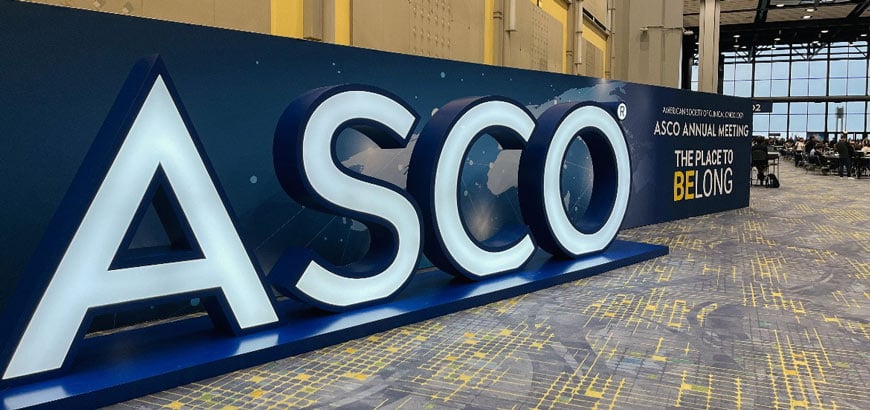
Top insights from the Endpoints at ASCO McKesson leadership panel

Guided by our values, we are an impact-driven organization that improves care in every setting – one product, one partner, one patient at a time.
Through our core commitments, we are leveraging our scale for the greater good, such as serving the needs of our stakeholders, donating back to our communities, protecting our planet, working with policymakers, and more.
Every year, we publish updates to our commitments through our Impact Report.
Download Our Impact ReportOur businesses bring together leading technologies, innovative solutions and hands-on expertise to support the entire healthcare ecosystem.
We distribute pharmaceuticals and medical supplies to healthcare settings across North America, from pharmacies and hospitals to doctors’ offices and clinics.
We help to ensure the financial wellbeing of pharmacies and health systems and support a stable work environment for their employees.
We provide research, insights, technologies and other support to help address challenges in cancer and specialty care.
We provide a suite of solutions designed to address access, affordability and adherence challenges by bridging the gaps between biopharma companies, pharmacies, providers, and payers to help patients get on and stay on their medications.
We offer solutions that enable employers, payers, health-plan brokers and government agencies to provide lower-cost options for prescription medications and therapies.
We help to ensure the financial wellbeing of pharmacies and health systems and support a stable work environment for their employees.
Every year, we publish updates to our commitments through our Impact Report.
Download Our Impact ReportMcKesson’s Third Party Logistics supports medication commercialization efforts, giving new hope for patients.
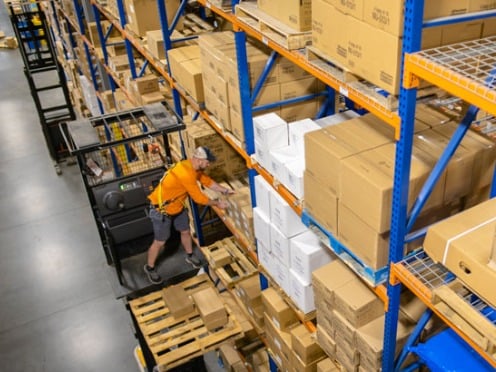
Read time: 4.5 minutes
Imagine if one of your family members was told she had blood cancer. The reality is that most traditional therapies used to treat this type of cancer don’t have a positive track record. Yet there are promising new therapies emerging, such as chimeric antigen receptor (CAR) T-cell therapies, which involve taking a type of white blood cell, called T cells, from a patient’s blood and genetically changing them to fight the cancer in the patient’s body. These types of therapies are already giving many patients battling blood cancers a fighting chance.
Currently, there are dozens of emerging biopharma companies that are working toward solving some of the biggest healthcare challenges we face today in many therapeutic areas, including in oncology. And while there is tremendous hope in their work, the logistical challenges that may come their way ahead of receiving approval by the U.S. Food and Drug Administration (FDA) can be daunting. How can they set up an operation to support the distribution of their new drugs? What investment is required for them to commercialize their medicines?
That’s exactly where McKesson Third Party LogisticsSM (3PL) comes in to support biopharma companies of all sizes, with everything from overseeing licensing needs and business continuity planning to monitoring programming, and so much more.
“Whether it’s playing an important role for therapies like CAR T, moving raw plasma from collection centers and then back to providers as finished and approved products, or managing incredibly high-volume generic drugs, we’ve designed a comprehensive set of offerings that enable biopharma companies to focus on what they do best – helping patients with different treatment options,” says James Canham, vice president of client services, McKesson 3PL. “In fact, we take great pride in our ability to step in seamlessly and help simplify the commercialization process, which is especially important for customers who may not have the infrastructure or capabilities internally to get their therapies to patients in need.”
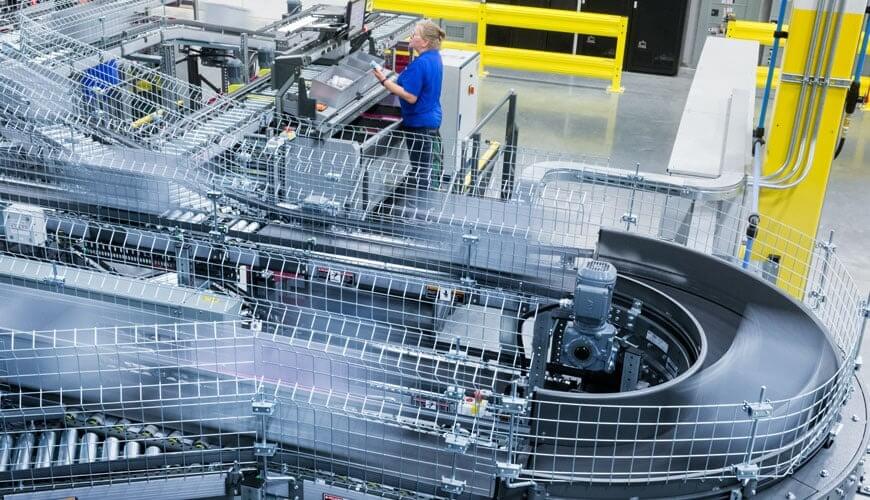
One of the most important emerging needs coming from biopharma companies is having flexible specialty therapy capabilities for a variety of new therapies. Whether it’s the ability to handle unique cold chain requirements (as is required by most COVID-19 vaccines), regulatory expertise needed to remain compliant (including updates required by the Drug Supply Chain Security Act (DSCSA), or the technology capabilities needed to deliver data-driven insights, the role of 3PL is rapidly advancing as new specialty medications hit the marketplace at record rates.
Yet the continued onset of new and innovative types of therapies has challenged the way distribution has been managed to date which requires ingenuity to develop new delivery management systems in real time.
“As one of the country’s biggest 3PL players in healthcare, we continue to leverage our decades of distribution expertise to support the complex needs of our biopharma partners,” Canham explains. “In addition to our experience, our business is also fueled by innovation that helps us continue to meet the needs of novel therapies. By looking at what’s happening in drug R&D and pairing those insights with what we hear our customers say they need, we’re able to evolve with – and sometimes even stay a step ahead – of our industry. That’s something we know is important to the customers we serve. The therapies are complex, the market is complex, and things like regulatory changes – or even a pandemic – require us to move fast.”
It’s also essential to provide the right level of service based on the class of medications. For example, some therapies might require a secure and compliant controlled substance monitoring program inclusive of dedicated quality oversight and reporting, while others might need same-day and after-hour shipments for products with highly sensitive temperature requirements.
“We take great pride in our ability to step in seamlessly and help simplify the commercialization process.”
Another challenge many of the smaller biopharma companies face is the ability to secure licensing across all states, which basically means a medication must be approved to distribute it within the state, even if it has been cleared by the FDA.
“In recent years, we've seen a real demand to support title and non-title licensing needs,” says Bill Little, vice president of integrated logistics solutions, McKesson 3PL. “Our model is ideal for biopharma programs who have not completed the process of acquiring state licenses before a product launch, which can be both time- and resource-intensive.”
McKesson solves for this by offering a title model, leveraging its own distribution licenses to purchase the products from the biopharma company and then selling the products to customers based on contractual requirements. This model allows companies that do not have the resources to gain all the state licenses to go to market much sooner. In McKesson’s non-title model, McKesson acts as the biopharma company’s agent to ship and sell product on their behalf. Offering both models allows McKesson to cater to the company’s needs, no matter what they may be.
“We are energized by all the advancements in therapy development and believe that we have the right people in place to help any biopharma company – big or small – with any of their unique needs,” Canham concludes.
Now think back to your family member with a rare blood cancer. This expensive, logistically complex CAR T therapy is finally administered to your family member, and you can begin to feel a sense of hope.
And while other new medications are on the rise and the progress in personalized medicine is changing lives, McKesson’s 3PL is positioned to play distinct role in the ultimate pursuit: improving patient outcomes.

Top insights from the Endpoints at ASCO McKesson leadership panel
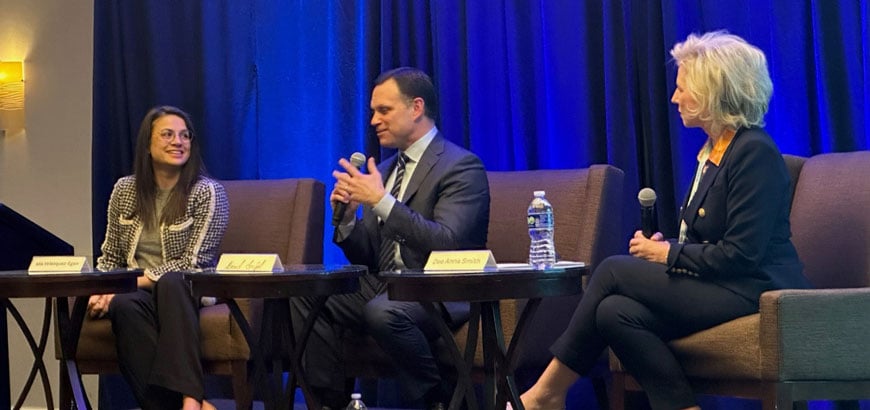
Enhancing patient access and engagement in clinical trials.
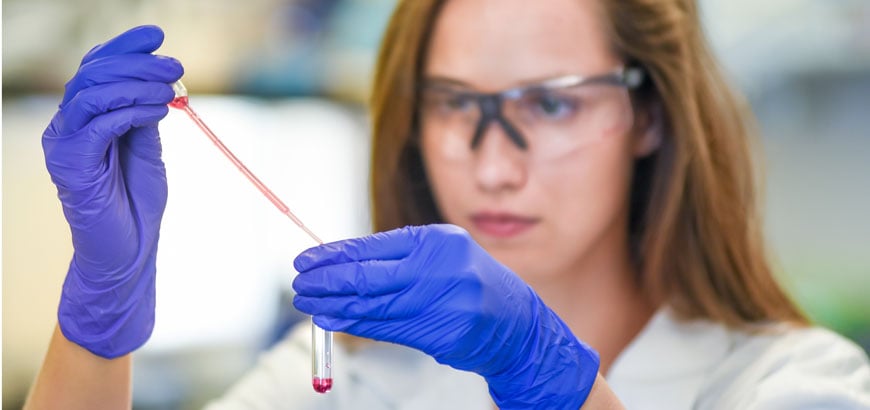
Learn how InspiroGene is helping deliver revolutionary cell and gene therapies to patients in need.

Insights from the 2025 CoverMyMeds Medication Access Report, From Barriers to Bridges
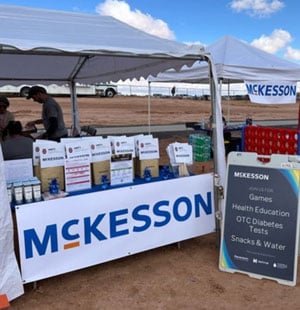
For two years in a row, McKesson has partnered with customers and industry partners to bring health education and awareness of resources to members of the Navajo community.

Learn more about RxOwnership, McKesson’s strategic consultants who help independent pharmacy owners navigate challenges, optimize operations and achieve financial health.

Learn about McKesson’s new Cell and Gene Therapy (CGT) brand, InspiroGene, and the launch of a first-of-its-kind report about the CGT landscape and its future trajectory.

Milken Institute Future of Health Summit panelists address critical industry challenges and explore ways to futureproof the pharmaceutical supply chain.
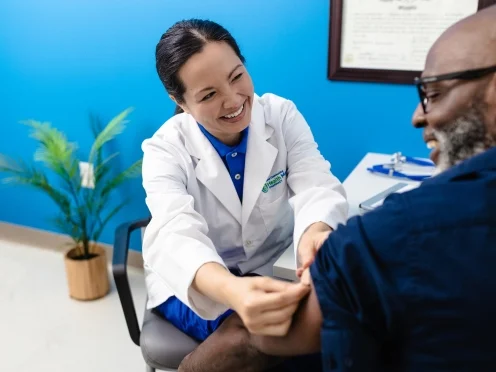
Learn how pharmacists are transforming patient health across settings.
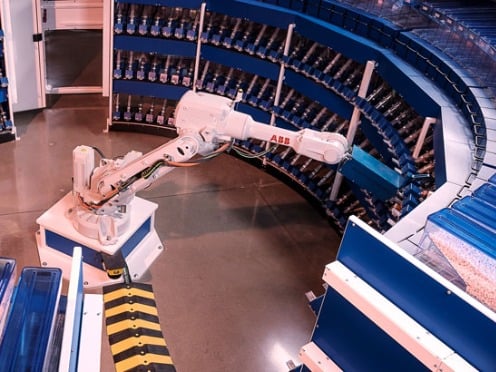
Learn how the CoverMyMeds Pharmacy dispensing network enhances patient care and streamlines prescription fulfillment.